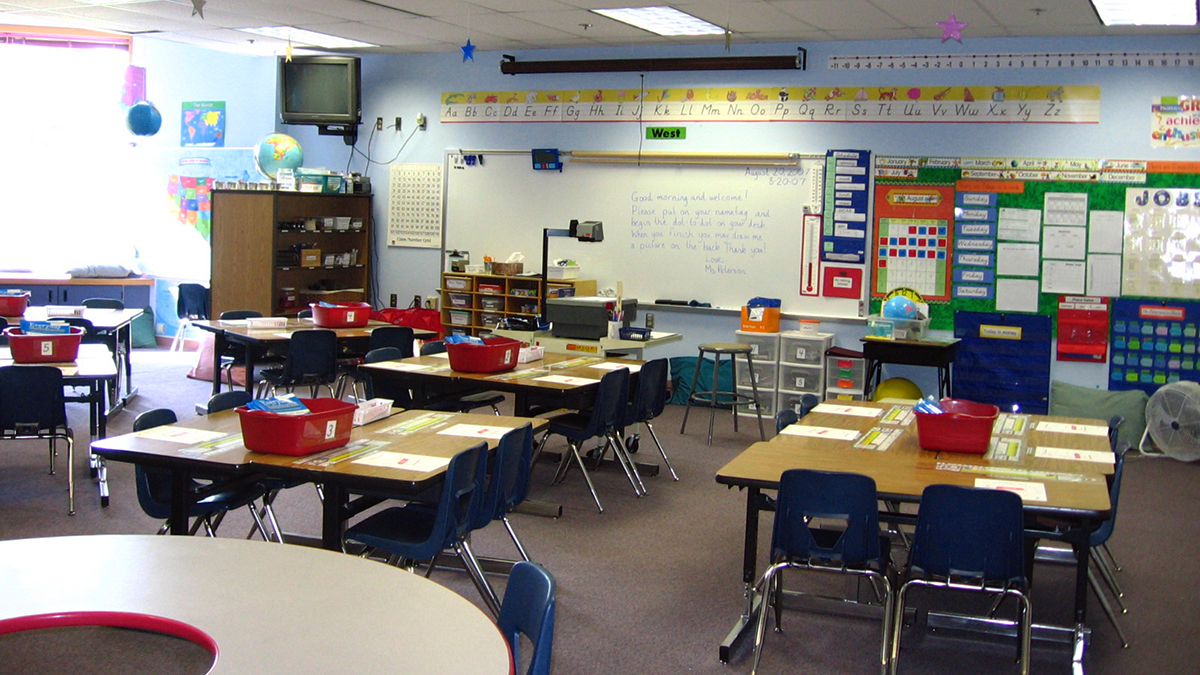
The recent tragedy of an 80-year-old man killing his disabled wife for fear no one would take care of her if he were to fall sick should be a wake-up call for Hong Kong, where services for the elderly are far from adequate. With its rapidly ageing population, Hong Kong must do better to meet the social, physical and psychological needs of its elderly folk. Read More









Recent Comments